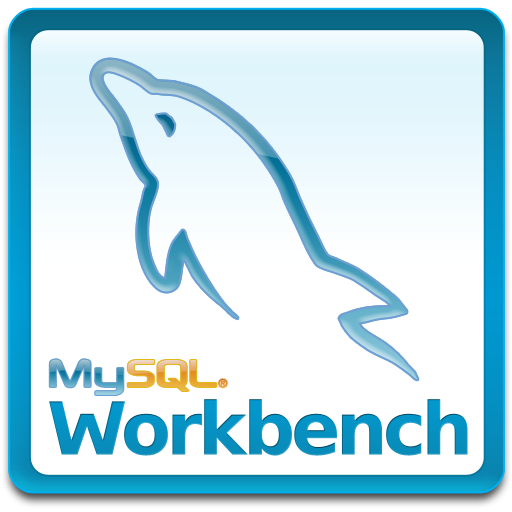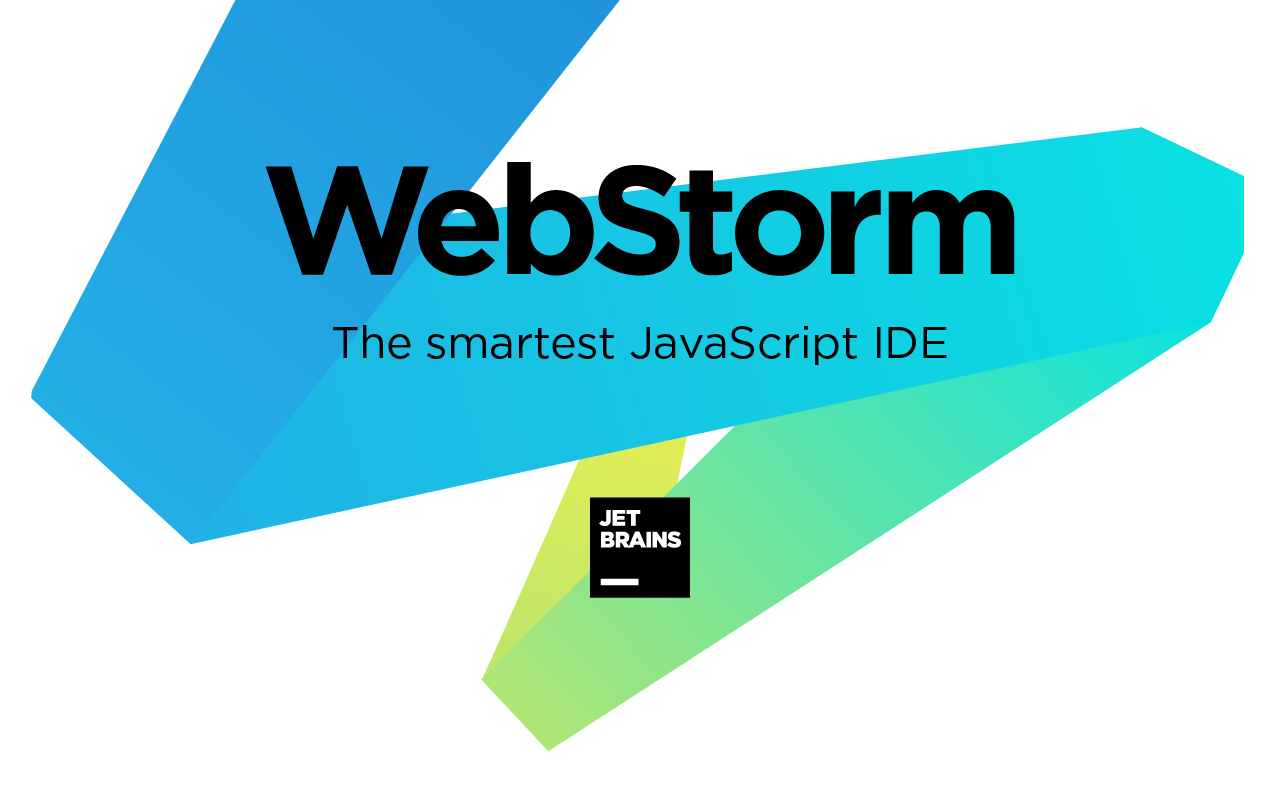
Eclipse IDE 2024-03
Tackle complexity head-on with Eclipse's vast plugin ecosystem, where each line of code is a puzzle piece to unlock your full coding potential.
About Eclipse IDE
Unlocking Your Coding Potential with Eclipse IDE
As a developer, you're no stranger to complexity. Every project presents new challenges, and every line of code is a puzzle piece waiting to be fitted into place. But have you ever felt like you're drowning in a sea of options, struggling to find the right tool for the job? That's where Eclipse IDE comes in – your trusted companion on the journey to coding mastery.
The Power of Plugins
Eclipse's vast plugin ecosystem is its greatest strength. With thousands of extensions available, you can tailor your development experience to suit your needs. Want to automate tedious tasks or integrate third-party services into your workflow? There's likely a plugin for that.
Here are just a few examples of the power plugins offer:
- Code completion and suggestion: Get instant feedback on your code with features like Code Complete and C/C++ Editor.
- Debugging and testing tools: Use Eclipse's built-in debugging capabilities or integrate external tools like JUnit and TestNG.
- Version control and collaboration: Stay in sync with your team using plugins like Git, SVN, and Mercurial.
By leveraging these plugins, you can unlock new levels of productivity and focus on the creative aspects of coding. As one developer put it:
"Eclipse's plugin ecosystem has been a game-changer for me. I can finally get my development workflow streamlined and efficient, without sacrificing any functionality."
— John D., Java Developer
Building and Debugging
Eclipse is more than just a code editor – it's a full-fledged Integrated Development Environment (IDE). With its robust building and debugging capabilities, you can bring your projects to life.
Some key features include:
- Dynamic project creation: Easily create new projects for any language or framework.
- Incremental builds: Update only the files that need to be rebuilt, reducing build time and increasing efficiency.
- Advanced debugging tools: Step through code, set breakpoints, and examine variables with Eclipse's comprehensive debugging suite.
But what about when things go wrong? Don't worry – Eclipse has you covered. With its robust error handling and diagnostic capabilities, you can quickly identify and fix issues in your code.
Collaboration and Version Control
As a team, collaboration is key to delivering successful projects on time. But managing different versions of your codebase can be a headache. That's where Eclipse's version control and collaboration features come in.
Some highlights include:
- Git integration: Use Eclipse as your central hub for Git repository management.
- Branching and merging: Create separate branches for feature development or bug fixes, then merge them back into the main branch when ready.
- Real-time collaboration: Invite team members to join your project, and work together on code changes in real-time.
By keeping everyone on the same page with Eclipse's collaboration tools, you can reduce errors, increase productivity, and deliver results faster.
Unlock Your Full Potential
At its core, Eclipse IDE is a tool that lets you focus on what matters most – writing great code. With its vast plugin ecosystem, robust building and debugging capabilities, and collaborative features, it's the perfect companion for any developer looking to unlock their full potential.
So why wait? Download Eclipse IDE today and start tackling complexity head-on!
- Download now
Technical Information
Eclipse IDE Technical Documentation
System Requirements
To ensure optimal performance and compatibility, please note the following system requirements:
- Operating System: Windows 10 (64-bit), Ubuntu 20.04 (64-bit), or macOS High Sierra (or later)
- CPU: Intel Core i7-9700K (or AMD Ryzen 9 5900X) with a minimum of 4 cores and 8 threads
- RAM: 16 GB DDR4 RAM (or more for heavy usage)
- Storage: A solid-state drive (SSD) with at least 512 GB of free space
- GPU: NVIDIA GeForce GTX 1070 Ti or AMD Radeon RX Vega 64 with at least 4 GB of video memory
Additionally, please ensure that your system has a stable internet connection for online updates and plugin installation.
Browser Compatibility
Eclipse is available as a web-based application. For optimal performance, please use the following browsers:
- Google Chrome (version 93 or later)
- Mozilla Firefox (version 88 or later)
- Microsoft Edge (version 89 or later)
Installation Guide
Prerequisites
Before proceeding with the installation process, ensure that you have met the system requirements.
Step-by-Step Instructions
- Download Eclipse:
wget https://download.eclipse.org/eclipse/Downloads/eclipse-latest-linux-gtk-64bit.tar.gz
- Extract and Install:
tar -xvf eclipse-latest-linux-gtk-64bit.tar.gz
sudo mv eclipse /usr/local/bin/
sudo chown -R root:root /usr/local/bin/eclipse
sudo chmod +x /usr/local/bin/eclipse
- Configure Eclipse:
After installation, launch Eclipse and follow these steps:
- Start Eclipse and select the workspace.
- Set up your Java development environment by configuring the Java runtime and setting the build path for your project.
- Common Issues and Solutions
- No Java Runtime Found: Ensure that you have installed a compatible Java runtime. You can download the latest version from Oracle's official website.
- Plugin Installation Issues: Check if there are any conflicts with existing plugins or configurations. Try reinstalling the plugin or resetting Eclipse.
Post-Installation Steps
After completing the installation, please take a moment to:
- Update Your Configuration Files: Navigate to
eclipse/configand review your workspace settings. - Configure Your Project Settings: Set up your project build path and Java runtime according to your needs.
Technical Architecture
Eclipse is built using a combination of technologies, including:
- Java 11: As the primary programming language.
- JavaFX: For creating graphical user interfaces (GUIs).
- C++: For building the Eclipse core architecture.
The software architecture is designed to be modular and extensible, allowing users to easily add new features and plugins.
Dependencies
Eclipse relies on the following dependencies:
- Java Development Kit (JDK): Version 11 or later.
- Apache Ant: Version 1.10 or later.
- Git: Any version compatible with Java.
Please note that compatibility concerns or version requirements may apply to specific plugins and integrations.
Performance Considerations
Eclipse is designed for high-performance use cases, including:
- Multithreading: Optimized for concurrent execution of tasks.
- Disk I/O: Minimized through caching and buffering mechanisms.
- Network Connections: Efficient data transfer protocols used for plugin communication.
System Requirements
| Operating System | Cross-platform |
| Additional Requirements | See technical information above |
File Information
| Size | 512 MB |
| Version | 2024-03 |
| License | Eclipse Public License |
User Reviews
Write a Review
Download Now
Software Details
| Category: | Development Tools |
| Developer: | Eclipse Foundation |
| License: | Eclipse Public License |
| Added on: | March 05, 2022 |
| Updated on: | April 02, 2025 |




